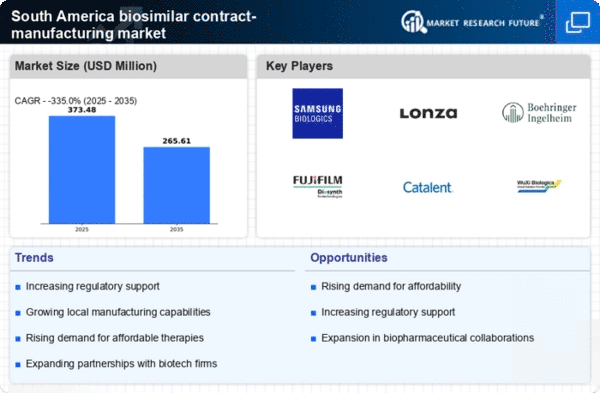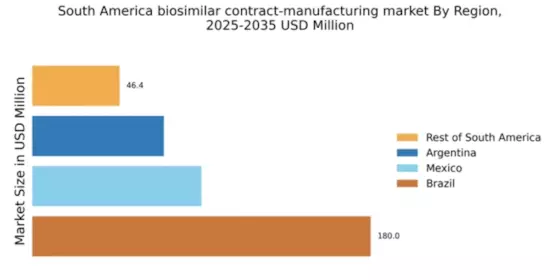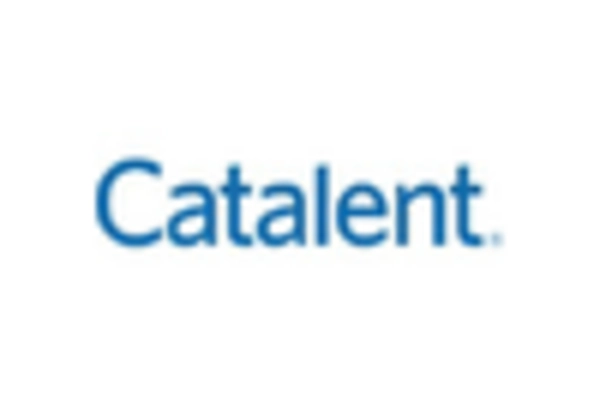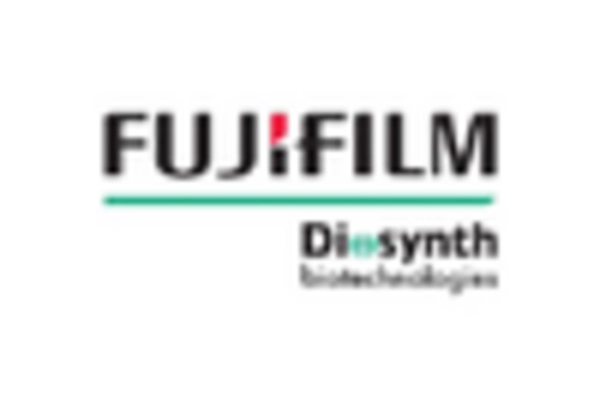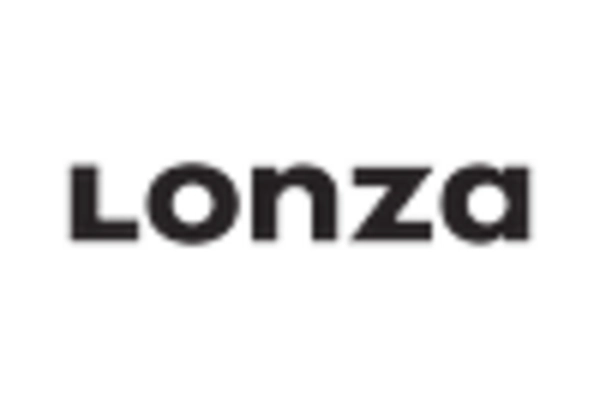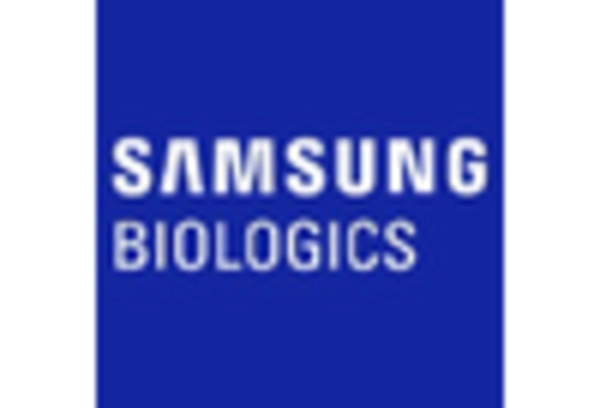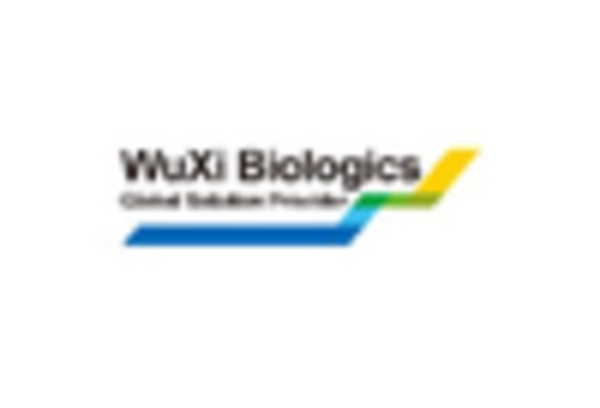Growing Patient Population
The expanding patient population in South America is another significant driver influencing the biosimilar contract-manufacturing market. With a population exceeding 420 million, the region faces increasing healthcare challenges, including chronic diseases that require biologic treatments. The prevalence of conditions such as diabetes and cancer is on the rise, necessitating the availability of effective and affordable treatment options. As a result, the demand for biosimilars is expected to surge, prompting contract manufacturers to scale their operations. The biosimilar contract-manufacturing market is thus positioned to play a crucial role in addressing these healthcare needs by providing accessible alternatives to traditional biologics.
Increasing Healthcare Expenditure
The rising healthcare expenditure in South America is a pivotal driver for the biosimilar contract-manufacturing market. Governments and private sectors are investing more in healthcare, aiming to improve access to affordable treatments. In 2025, healthcare spending in the region is projected to reach approximately $500 billion, reflecting a growth of around 8% annually. This increase in funding is likely to enhance the development and production of biosimilars, as healthcare providers seek cost-effective alternatives to expensive biologics. Consequently, the biosimilar contract-manufacturing market stands to benefit from this trend, as manufacturers align their capabilities to meet the growing demand for affordable therapies.
Regulatory Support for Biosimilars
Regulatory support for biosimilars in South America is a crucial driver for the contract-manufacturing market. Governments are increasingly recognizing the importance of biosimilars in improving healthcare access and reducing costs. Regulatory bodies are streamlining approval processes, which encourages manufacturers to invest in biosimilar production. For instance, Brazil's regulatory agency has implemented guidelines that facilitate the entry of biosimilars into the market, potentially increasing the number of approved products by 30% over the next few years. This supportive regulatory environment is likely to bolster the biosimilar contract-manufacturing market, as it creates a more favorable landscape for manufacturers to operate and innovate.
Technological Innovations in Production
Technological innovations in production processes are significantly impacting the biosimilar contract-manufacturing market. Advances in bioprocessing technologies, such as single-use systems and continuous manufacturing, are enhancing efficiency and reducing costs. In South America, manufacturers are increasingly adopting these technologies to improve their production capabilities. The implementation of such innovations can lead to a reduction in production time by up to 25%, allowing for quicker market entry of biosimilars. As a result, the biosimilar contract-manufacturing market is likely to experience growth driven by these technological advancements, enabling manufacturers to meet the rising demand for biosimilars more effectively.
Strategic Partnerships and Collaborations
Strategic partnerships and collaborations among pharmaceutical companies and contract manufacturers are emerging as a key driver in the biosimilar contract-manufacturing market. These alliances facilitate knowledge sharing, resource pooling, and technological advancements, which are essential for the efficient production of biosimilars. In South America, several companies are forming joint ventures to enhance their manufacturing capabilities and expand their product portfolios. Such collaborations not only reduce operational costs but also accelerate the time-to-market for new biosimilars. The biosimilar contract-manufacturing market is likely to witness increased activity in this area, as stakeholders recognize the benefits of working together to navigate the complexities of biosimilar development.


